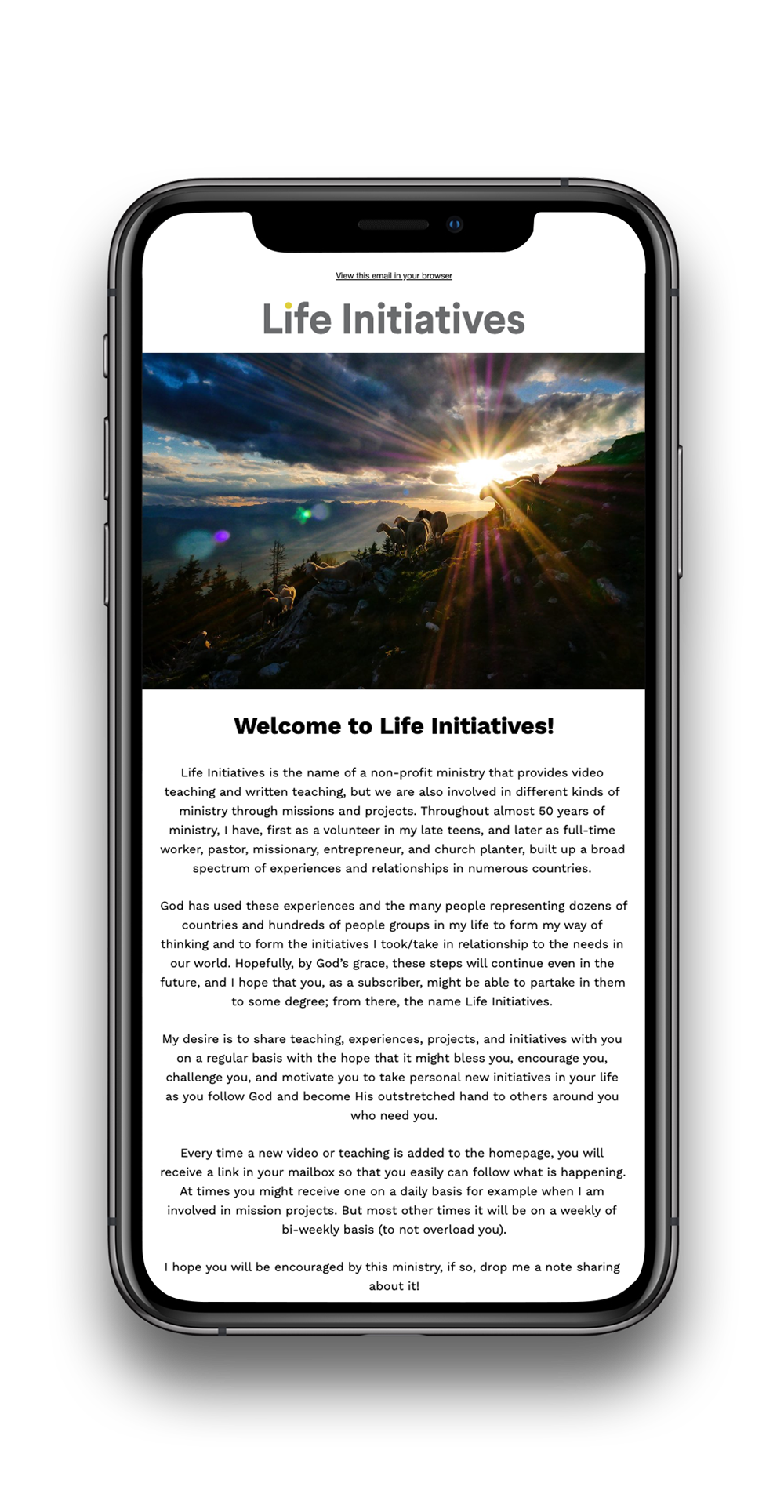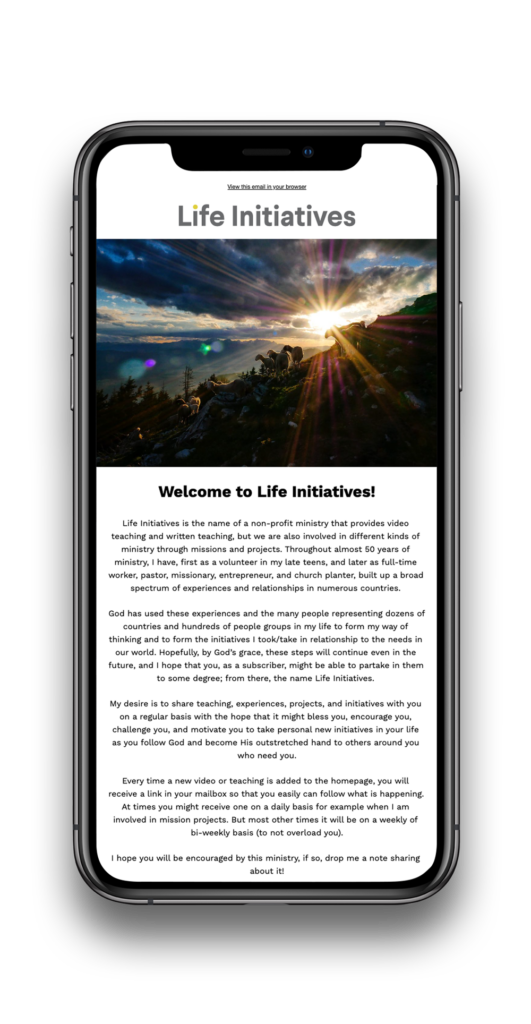Un-forgiveness is like a deadly poison crippling people’s identity, their emotions, their appearances, and it is even influencing their physical well-being. In the letter to the Hebrews, we are warned against “not to allow a root of bitterness to grow up and to cause trouble and defile many.” There is a way out, there is a way to freedom… let’s pursue that together!
Last week I addressed from the story of the crippled woman in Luke 13 on how God restores our life and identity. I talked about how many of us need physical, psychological, and spiritual healing. Some might be crippled by physical sicknesses; others might be crippled in their identity. We also addressed shortly how Satan can bind people.
Today I want to address a sin that most probably has most influence on our life: the sin of un-forgiveness. There are few sins that have such a weakening influence on our physical, emotional, and spiritual well-being. Let us read from Luke 17 that has been part of our reading during the prayer and fasting time.
Read: Luke 17: 3-6 and the related passage in Matthew 18: 21-35
18: 21,22 At this point Peter raised the question of how often he should forgive a brother who sinned against him. He probably thought he was showing unusual grace by suggesting seven as an outside limit. Jesus answered “not … seven times but up to seventy times seven.” He did not intend us to understand a literal 490 times; this was a figurative way of saying “Indefinitely.”
Jesus then gives a parable of the kingdom of heaven to warn against the consequences of an unforgiving spirit by people who have been freely forgiven.
18:24-27. The story concerns a certain king who wanted to clear his bad debts off his books. One servant, who owed him ten thousand talents, was bankrupt, so his lord ordered that he and his family be sold into slavery in payment of the debt. The upset servant begged for time, promising to pay him all if given the chance.
Like many others who owe people money, he was incredibly optimistic about what he could do if only he had time (v. 26). By the way, one talent was 6000 dinarii, one dinarii was one day’s wages!) and this man owed 10,000! (That means 60 million day’s wages!) The detail about the vast amount is intentional. It is to shock the listeners and so capture their attention, and also to emphasize an immense debt to God. Martin Luther used to say that we are all beggars before Him. We cannot hope to pay our debts. When the master saw the repentant attitude of his servant, he forgave him all.
18:28–30. Now that servant had a fellow servant who owed him one hundred denarii (100 days of work). Rather than forgive him, he grabbed him by the throat and demanded payment in full. The one with the debt pled for an extension, but it was no use. He was thrown into prison till he paid the debt—a difficult business deal really, since his chance of earning money was gone as long as he was imprisoned.
18:31–34 The other servants, outraged by this inconsistent behavior, told their master. He was furious with his servant. Having been forgiven a big debt, he was unwilling to forgive a much smaller amount. So, he was returned to the jail till his debt was paid.
18:35 The application is clear. God is the King. All His servants had created a great debt of sin that they were unable to pay. In wonderful grace and compassion, the Lord paid the debt and granted full and free forgiveness.

Back to the beginning of the story: When Jesus told them to forgive 7 X 70 times, the response of the apostles was: Luke 17: 5 “Increase our faith!”
The issue of forgiveness is a very hard one because many of us have been hurt, some are abused, others molested, or being mistreated. There are many different ways where we feel wronged. Some of them are legit, others not! But the issue is that when we go around carrying un-forgiveness in our hearts and attitudes, that we are the greatest victims!
The Bible warns against the sin of un-forgiveness. Our mental hospitals are filled to capacity with people of whom many are there because of this one fact only: un-forgiveness!
Un-forgiveness is like a deadly poison crippling people’s identity, their emotions, their appearances, and it is even influencing their physical well-being.
In Hebrews we are warned against “not to allow a root of bitterness to grow up and to cause trouble and defile many.” Bitterness results from intense hostility and anger. This bitter “root” bears bitter fruit, such as ill-will, unresolved anger, jealousy, opposition, and rebellion.
A plant grows slowly, but what is in the root will definitely surface in time. Bitterness may spring up in the heart of one individual, but if it is allowed to develop, it can have wide-ranging effects. The solution to bitterness and its consequences is forgiveness. Defile: pollute, tarnish, and contaminate, soil, to defile with sins.
Bitterness is often based on the inability to forgive. One un-dealt issue can become the cause of a life full of bitterness which permeates a person being, his / her words, attitudes, and appearance. Most often I will be able to tell whether someone is filled with bitterness within a few minutes. Like I said: It is bound to surface in a person’s behavior, words, and attitudes.
Broken relationships cannot exist in the light of God’s presence. God calls us to unity and to reconciliation in our relationships. This includes all our relationships; from brother / brother, sister / brother, husband to wife, parent / child, from child / parent… in all relationships we should let the peace of Christ Jesus reign.
Whatever the case, we need to seek in every way possible to model our behavior on Christ, who obeyed and trusted the Father even when His own people rejected Him (John 1:11).
At the same time, it is also true that we are not always sinned against. Some of us carry around a lot of bitterness, not because someone sinned against us. It is because our pride stands in the way. Maybe people have done things we don’t like… not because they are sinful, but because we don’t like the style, the attitude, the way things are-, or are done. Our own pride that wants to rule and reign over all others is hurt… because it is challenged!

I will present eight ways to deal with bitterness. How do we discover and deal with the deep, often unconscious, roots of bitterness, shame, rejection, and like negative emotions that lie buried within most of us? I would like to share eight ideas.
Sign up for life-changing insights, directly to your inbox.

© 2023 All Rights Reserved, Life Initiatives

Sign up for life-changing insights, directly to your inbox.